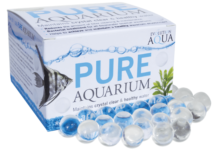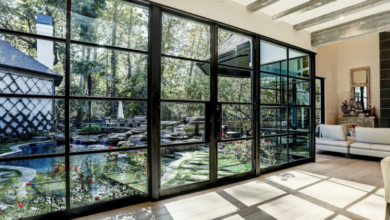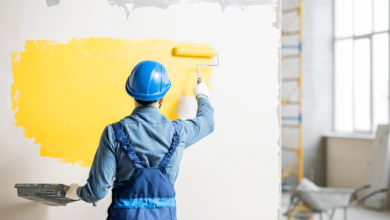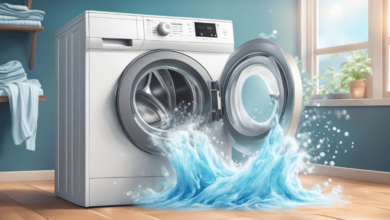Common FAQs About Solar Installation in Homes
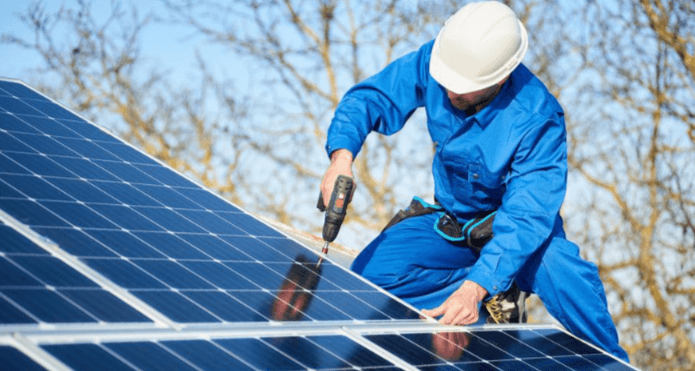
In recent years, solar energy has gained popularity as a sustainable and renewable source of power. Many homeowners are considering installing solar panels on their properties to reduce their carbon footprint and save on electricity bills. However, several common questions arise when it comes to solar installation in homes. In this article, we will address some of these frequently asked questions and provide insightful answers.
1. How does solar energy work?
Solar panels are made up of photovoltaic cells that convert sunlight into electricity. When sunlight hits the panels, it creates an electric field that generates direct current (DC) electricity. An inverter then converts this DC electricity into alternating current (AC) electricity, which is used to power the appliances in your home. Any excess electricity produced can be stored in batteries or sold back to the grid.
Solar panels are an environmentally friendly and renewable energy source that can help reduce electricity bills and reliance on traditional grid power. They are a sustainable option for generating electricity and can be used in both residential and commercial settings. Properly maintained solar panels can last for decades, making them a long-term investment in clean energy. By harnessing the power of the sun, solar panels contribute to a greener future and reduce carbon emissions associated with traditional energy sources.
2. What are the benefits of installing solar panels?
There are several benefits to installing solar panels in your home. Firstly, solar energy is a renewable source of power, which means it is sustainable and eco-friendly. By using solar energy, you can reduce your dependence on fossil fuels and lower your carbon footprint. Additionally, solar panels can help you save money on electricity bills in the long run, as you will be generating your own power.
3. Is my home suitable for solar installation?
Most homes are suitable for solar installation, as long as they have a roof or area that receives a sufficient amount of sunlight. Ideally, your roof should be south-facing and free from shade or obstructions that could block the sunlight. A solar installer can assess your home and determine the best location for installing the panels to maximize sunlight exposure.
4. How much does a solar installation cost?
The cost of a solar installation can vary depending on several factors, such as the size of the system, the quality of the panels, and the complexity of the installation. On average, the cost of installing solar panels on a home can range from $10,000 to $30,000. However, there are federal and state incentives available that can help offset some of the costs, making solar more affordable for homeowners.
5. What is the payback period for a solar installation?
The payback period for a solar installation is the amount of time it takes to recoup the initial investment through energy savings. On average, the payback period for a residential solar installation is between 5 to 8 years. After the payback period, you can enjoy free electricity from your solar panels for many more years, leading to significant savings in the long term.
6. Do I need to maintain my solar panels?
Solar panels are relatively low-maintenance, as they have no moving parts that can break down. However, it is recommended to have your panels inspected and cleaned periodically to ensure they are operating at peak efficiency. Most solar installers offer maintenance packages that include regular inspections and cleanings to prolong the lifespan of your panels.
Read also The Importance of In-Home Senior Care for Aging Loved Ones
7. Will solar panels increase the value of my home?
Studies have shown that homes with solar panels tend to have higher property values than those without. Solar panels are seen as a desirable feature by homebuyers, as they offer energy savings and environmental benefits. Installing solar panels on your home can increase its market value and make it more attractive to potential buyers in the future.
8. What happens if I sell my home with solar panels?
If you decide to sell your home with solar panels, you have a few options. You can include the cost of the solar panels in the selling price of the home, transfer the solar lease or power purchase agreement to the new homeowner, or remove the panels and reinstall them on your new property. It is essential to inform potential buyers about the solar panels and any financial agreements associated with them.
Conclusion
Solar installation in homes is a smart investment that offers a multitude of benefits, from reducing energy costs to decreasing carbon emissions. By addressing these common FAQs about solar installation, homeowners can make informed decisions about whether solar energy is right for their property. With advancements in technology and government incentives, solar power is becoming more accessible and affordable for homeowners looking to embrace a sustainable lifestyle.


